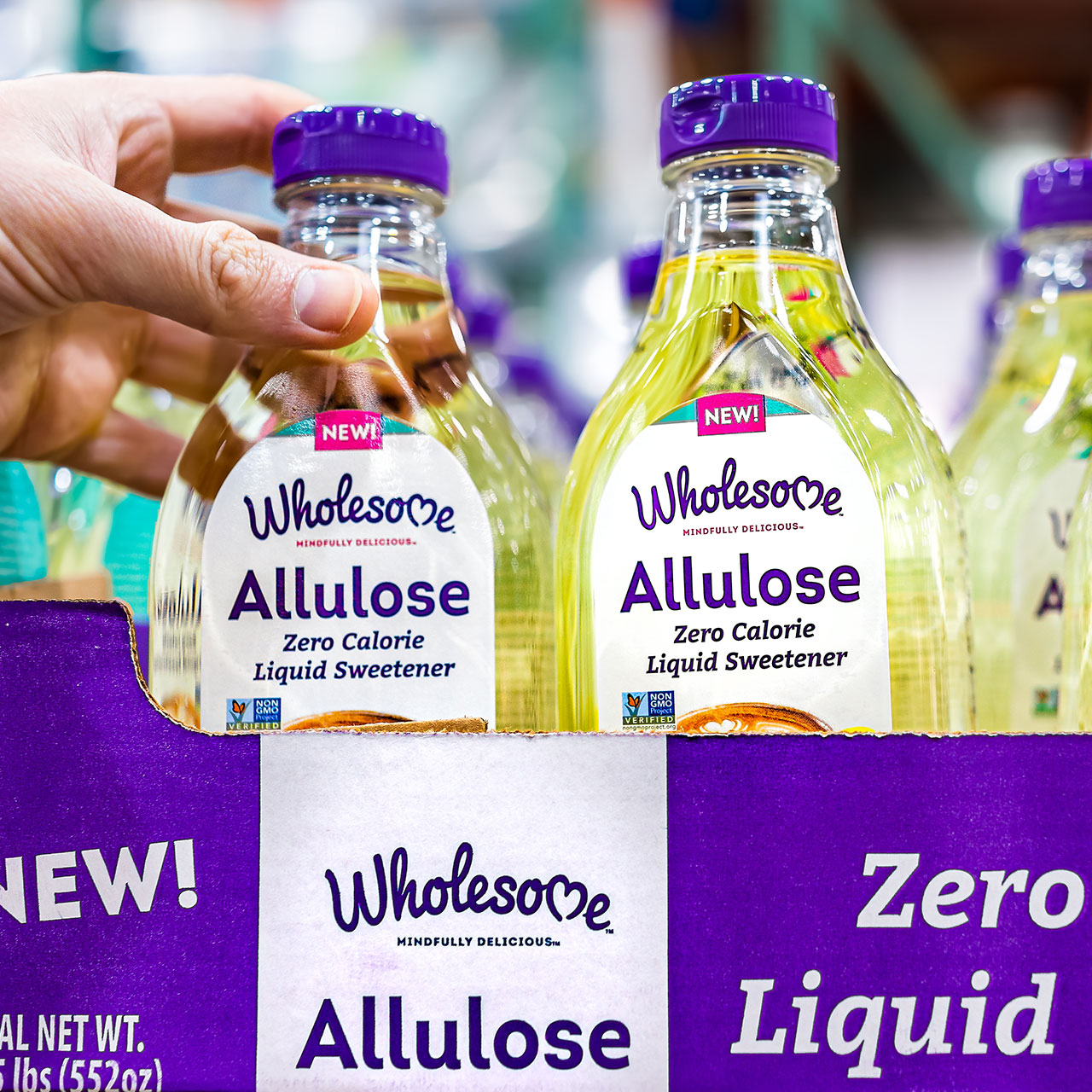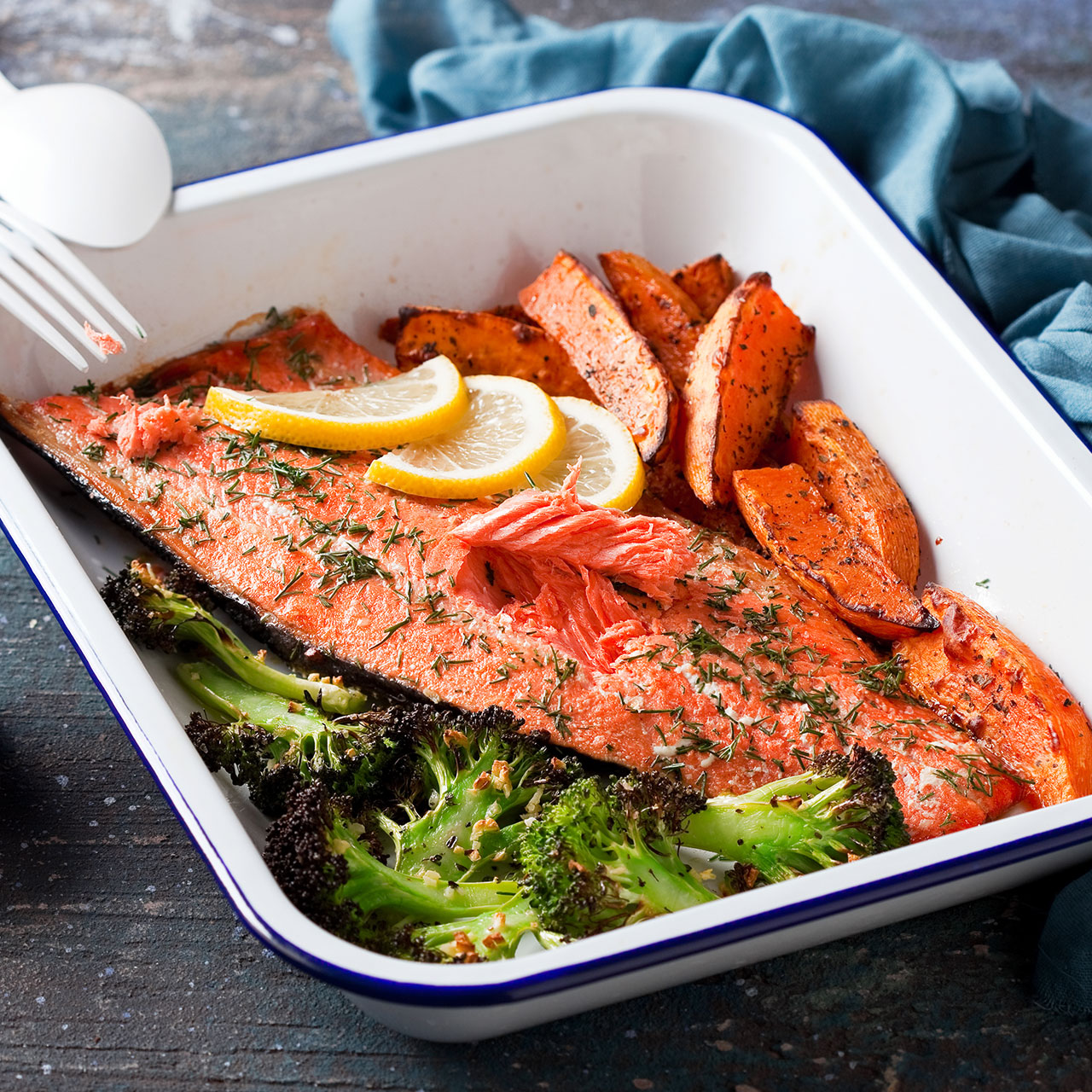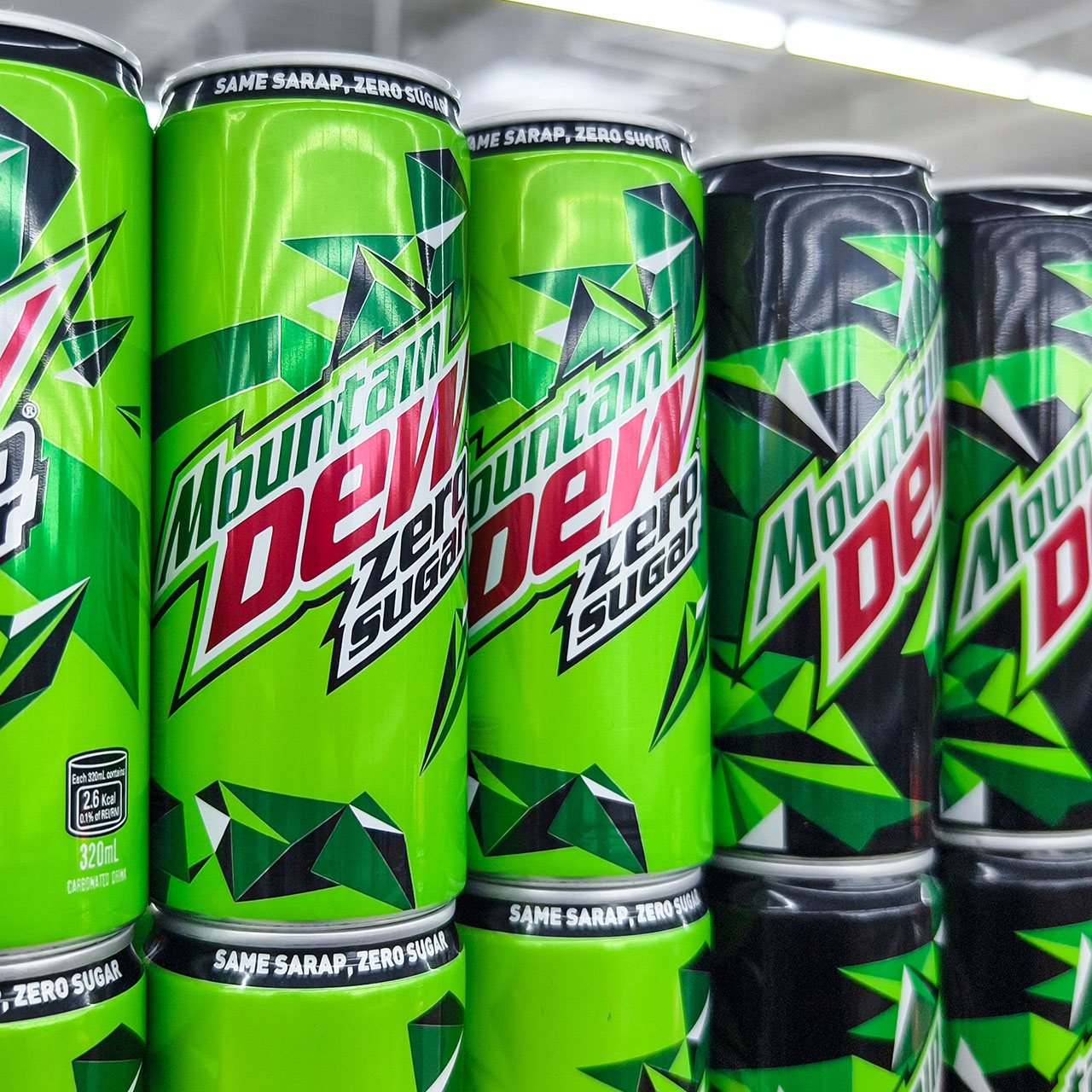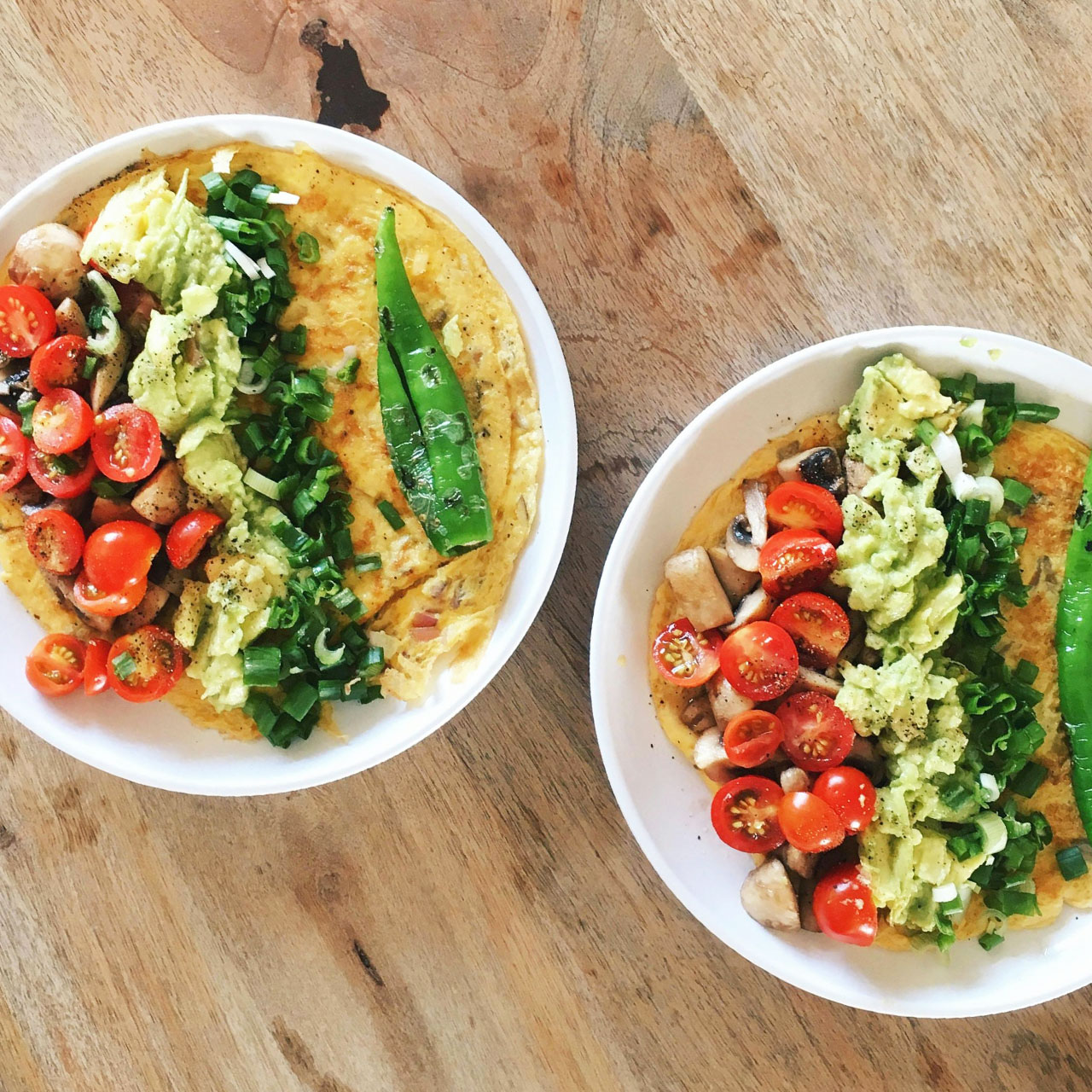Gut health is a cornerstone of overall well-being, playing a critical role in digestion, immune function, and even mental health. A healthy gut is populated with a diverse array of beneficial bacteria, which aid in breaking down food, absorbing nutrients, and keeping harmful microbes in check. An imbalance in gut bacteria can lead to digestive issues, weakened immunity, and a host of other health problems. Luckily, diet is a powerful tool in maintaining and improving gut health, with probiotic-rich foods leading the charge.
Probiotics are live microorganisms that provide numerous health benefits when consumed in adequate amounts. These beneficial bacteria help maintain the balance of gut flora, support the digestive system, and enhance nutrient absorption. Including probiotic-rich foods in your diet can significantly boost your digestive health, making your gut happier and more efficient. Registered dietitian Lauren Mahesri, RD, LDN shared her top recommendations for probiotic-loaded foods with us. Find her expert advice below.


1. Yogurt
Yogurt makes a fantastic, probiotic-rich breakfast option that can do wonders for your gut. "Yogurt has a huge flavor variety, great taste, and also provides a great source of protein," says Mahesri. "The best way to ensure your yogurt has active probiotics in it, look for an 'LAC' seal. This stands for 'Live and Active Cultures'." Yogurt is also versatile; it can be enjoyed on its own, mixed with fruits and granola, or used as a base for smoothies and salad dressings. Greek yogurt, in particular, is packed with benefits.

2. Kefir
Kefir is a fermented milk drink that is packed with beneficial probiotics. Mahesri explains, "Similar to yogurt, it has a sweet tangy flavor that is often flavored with fruits. The probiotics help feed the good bacteria in your gut, which helps prevent constipation and bloating." Kefir is also rich in calcium and can be consumed as a drink, added to smoothies, or used in place of milk in recipes. It also offers a great amount of protein and can be a powerful ally on your weight loss journey.

3. Cheddar Cheese
"Both low-fat and full-fat cheddar cheese are great sources of probiotics," notes Mahesri. "Cheese can also be a great source of protein, which helps keep us fuller for longer to help promote weight loss." In addition to its probiotic benefits, cheddar cheese contains essential nutrients such as calcium, vitamin A, and vitamin B12. Enjoy cheddar cheese in moderation as a snack, in sandwiches, or as part of a balanced meal.

4. Kombucha
Kombucha is a fizzy, fermented tea that can please your sweet tooth while also boosting your health. Mahesri advises, "Opt for a lower-sugar Kombucha, like Buddha’s Brew or GT Synergy, to keep the added sugars to a minimum." Kombucha is not only a refreshing drink but also a great source of antioxidants, which can help fight inflammation and support overall health. Be sure to choose brands that contain live cultures and minimal added sugars for the best benefits.

5. Sauerkraut
Sauerkraut, finely sliced fermented cabbage, is a potent probiotic food. Mahesri highlights, "Although it has a sour flavor, don’t hesitate to incorporate it into your diet! Sauerkraut is also a great source of fiber with 4 grams per cup. Probiotics AND fiber make it a great combination for improving overall gut health." Sauerkraut can be used as a topping for sandwiches, salads, or hot dogs, or eaten as a side dish.

6. Cottage Cheese
"Cottage cheese is a great way to incorporate probiotics because it’s an extremely versatile ingredient!" says Mahesri. "It’s also high in protein and a great source of calcium for bone health. The added protein helps keep us fuller for a lower amount of calories, which aids in weight loss." Cottage cheese can be enjoyed on its own, mixed with fruits or vegetables, or used as a spread on whole-grain crackers.

7. Coconut Yogurt
Non-dairy yogurt options, like coconut yogurt, also offer probiotic benefits. Mahesri recommends, "Similar to its dairy alternative, look for coconut yogurts to specify 'active and live cultures' or check the ingredients list for probiotic strains." Coconut yogurt is an excellent option for those who are lactose intolerant or prefer a plant-based diet. It can be enjoyed with fruit, granola, or as a base for smoothies.
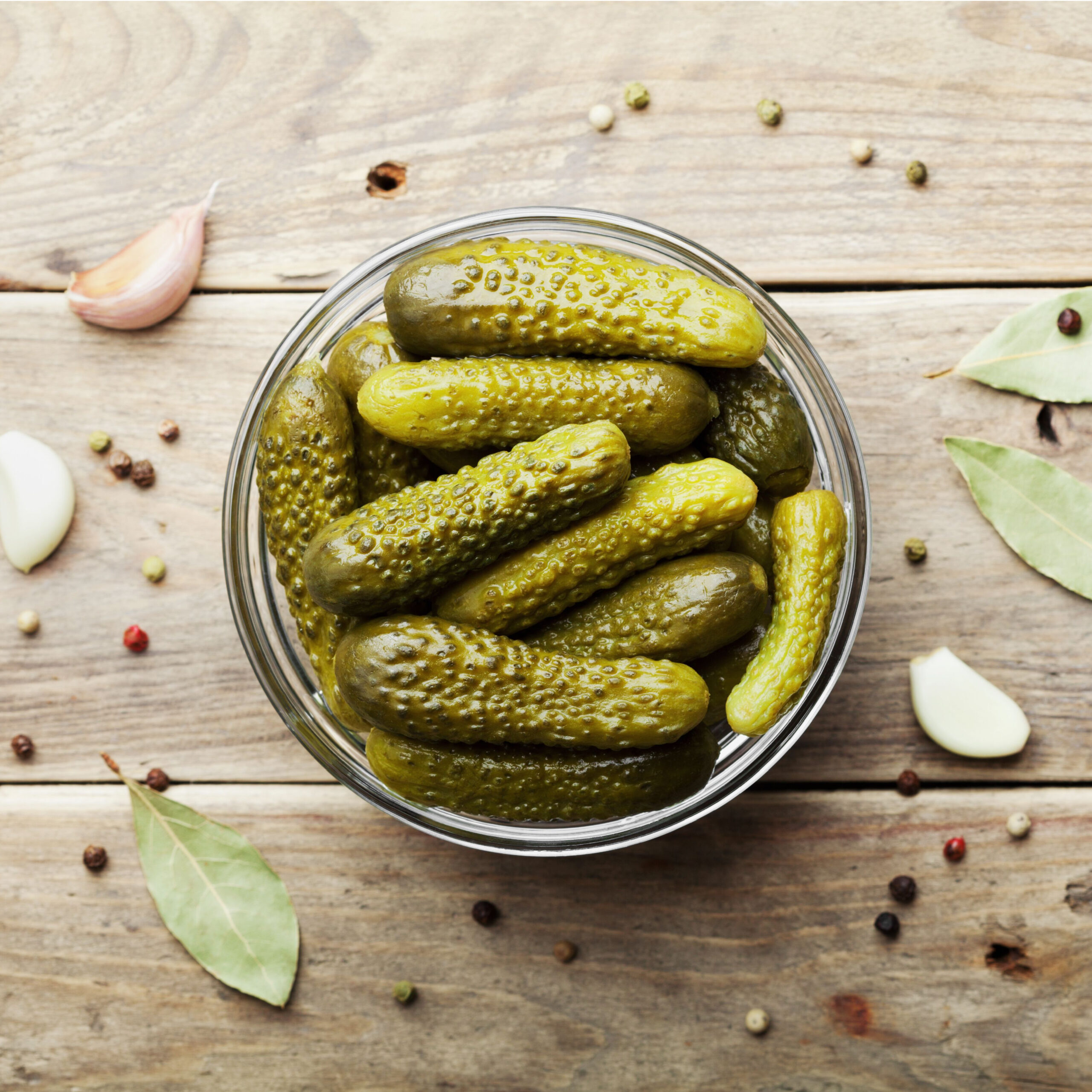
8. Fermented Pickles or Olives
"Vegetables can be fermented and become a great source of probiotics," says Mahesri. "This includes fermented pickles, olives, red onions, and other peppers. Of note – not all pickles and fermented vegetables are probiotics. This is because of the vinegar that’s frequently used in pickling. Vinegar is so acidic that it kills off many healthy bacteria in probiotics. However, some pickle brands leave out the vinegar and are rich in probiotics." Fermented vegetables can be enjoyed as snacks, added to salads, or used as toppings for sandwiches and burgers.

9. Tempeh
Tempeh is a fermented, plant-based protein made from soybeans, which also contributes fiber and protein. Mahesri explains, "The soybeans also contribute fiber and protein, which helps keep us full while trying to lose weight." Tempeh is a versatile ingredient that can be grilled, stir-fried, or used in sandwiches and salads. Its nutty flavor and firm texture make it a delicious and satisfying addition to a variety of dishes.

Bottom line
Incorporating these nine probiotic-loaded foods into your diet can enhance your gut health and improve digestion. By maintaining a balanced gut microbiome, you can support your overall health and well-being, making your digestive system more efficient and resilient. Enjoy these delicious and nutritious options regularly to keep your gut happy and healthy.








